How Hot Do Engines Get? Causes & Protection Tips
-
Pete Ortiz
- Last updated:

Working under terrible conditions, engines often heat up to between 150 to 230 degrees Fahrenheit¹, the perfect temperature to fry an egg. Though the instrument panel will not show the exact temperature, this is the optimal operating temperature, except for rocket engines which can reach 6,000 degrees Fahrenheit¹. The higher a rocket’s engine temperature, the more efficient it is.
What Causes an Engine to Heat Up?
Be it on a cold winter morning or a freezing night; the engine starts warming up when you press the ignition button. What makes it produce so much heat?
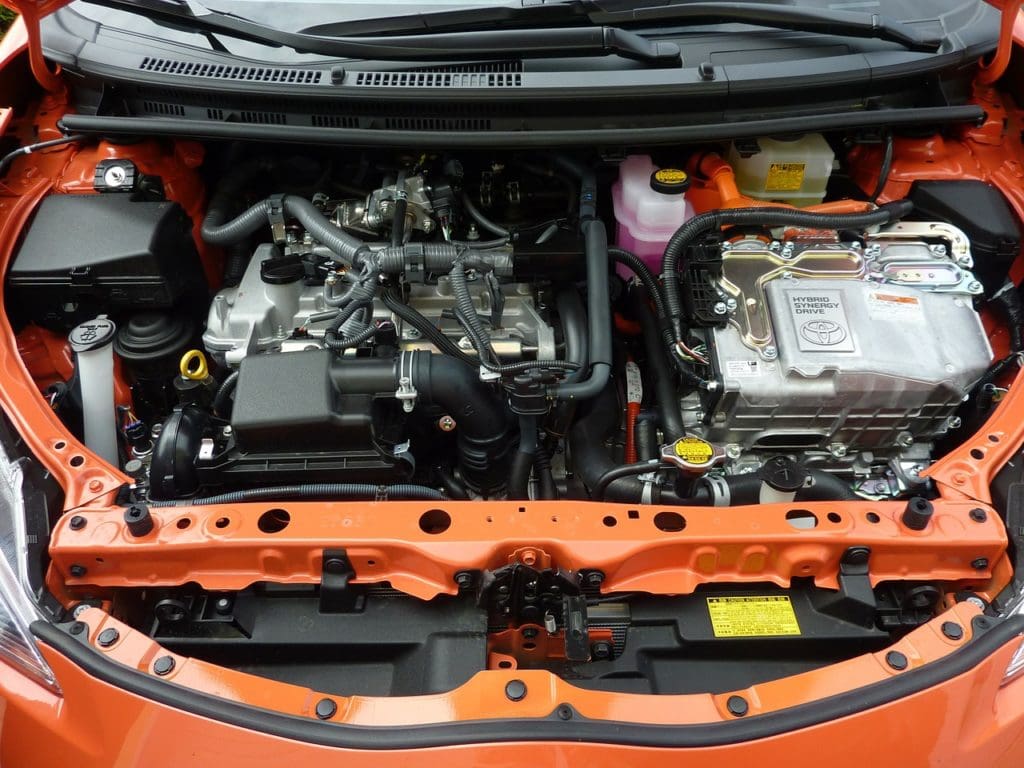
The Combustion Process
Internal combustion engines (ICE) convert chemical energy stored in fuel into heat through combustion. The process is very violent and explosive, shooting up the combustion chamber’s temperature to over 4,000 degrees Fahrenheit¹. Fortunately, the heat is converted to mechanical energy.
But according to the second law of thermodynamics, which states that as energy is transformed, more and more is wasted. A fraction of heat from the combustion process escapes into the environment to heat up an engine.
In an external combustion engine, the process is a little bit different. Taking a steam engine as an example, coal heats up water to pressurize steam. The steam then flows through a system of pipes to pistons. Because the steam is more than 212 degrees Fahrenheit, some of the heat is deposited in the pipes and pistons before being converted into mechanical energy.
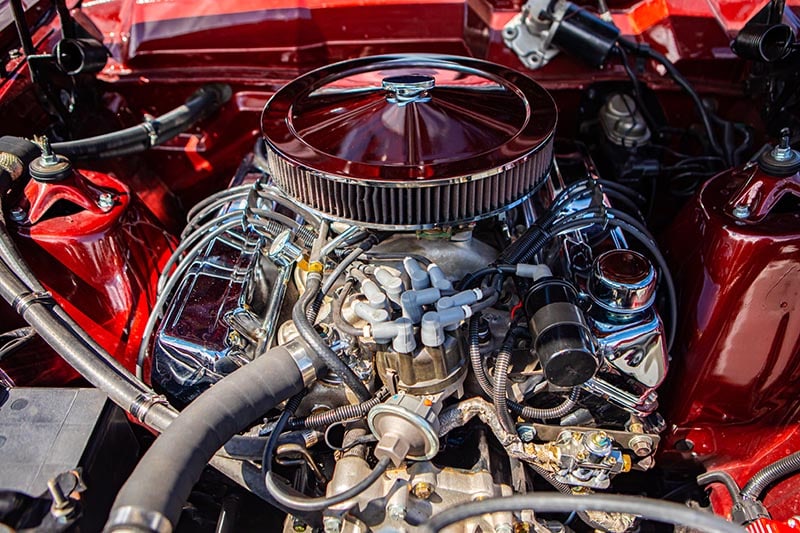
Friction
The basic part of an engine is to move things around, be it conveyor belts or rotating wheels. With two or more surfaces, such as pistons and cylinder walls, rubbing against each other, kinetic energy is transferred to heat energy through friction or coulomb damping. The engine block then absorbs the heat to warm up.
The Heat from External Factors
Even though external factors contribute a small fraction to temperature changes recorded by the engine, it is wise to know how it happens. Parking your vehicle under the hot sun for several hours is damaging. According to a test conducted by State Farm, it was noted that the interior temperature rose by over 140 degrees Fahrenheit. The engine could also heat up on the same scale.
Is High Engine Temperature Damaging?
As it is to living things, high temperature is destructive to the engine and auxiliary components. It contributes to the following:
1. Shortens Battery Life
A battery can withstand temperatures below 95 degrees Fahrenheit. Expect permanent damage if it is constantly exposed to high engine temperatures.
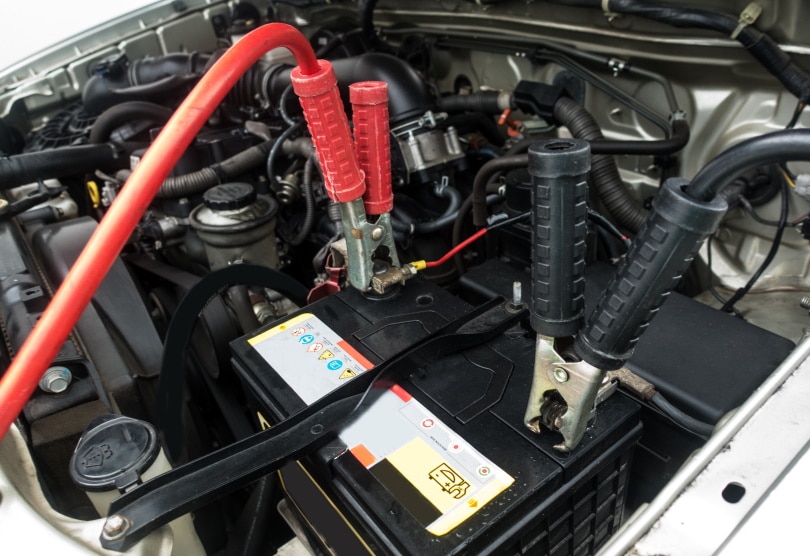
2. Burst Tires
Extreme engine temperature may radiate to tires, causing them to burst out if improperly inflated. This is because, for every increase in 10 degrees Fahrenheit, pressure increases by one psi. If you are lucky, the tire may only wear out at the center faster unless you keep reducing its pressure as the engine temperature soars.
3. Ages Oil
Oil is crucial for lubricating and dissipating away heat. High temperature changes the molecular formula of oil, increasing its viscosity. Highly viscous oil has less lubricative properties and accumulates more sludge which leaves moving parts susceptible to abrasion.
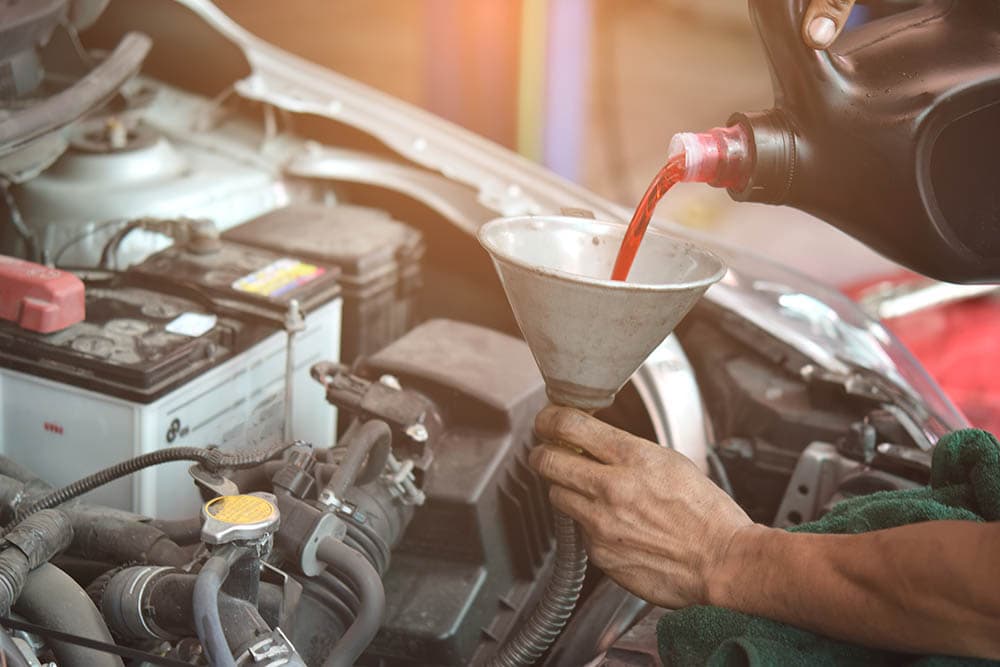
4. Destroys the Cooling System
The cooling system has a pump, pipes, and valves that trap and carry away engine heat. Stressing them under high temperatures will reduce their effectiveness, thus failing. For example, valves will loosen from expansion while some pipes will burst out at the weakest point.
5. Bad on Fuel Economy
The most precious resource in an engine is fuel. High temperature accelerates the evaporation of gasoline and diesel, which is expensive on the pocket. However, some modern cars have dependable Evaporative Emission Control (EVAP) systems. The system captures and channels the fumes to the combustion chamber.
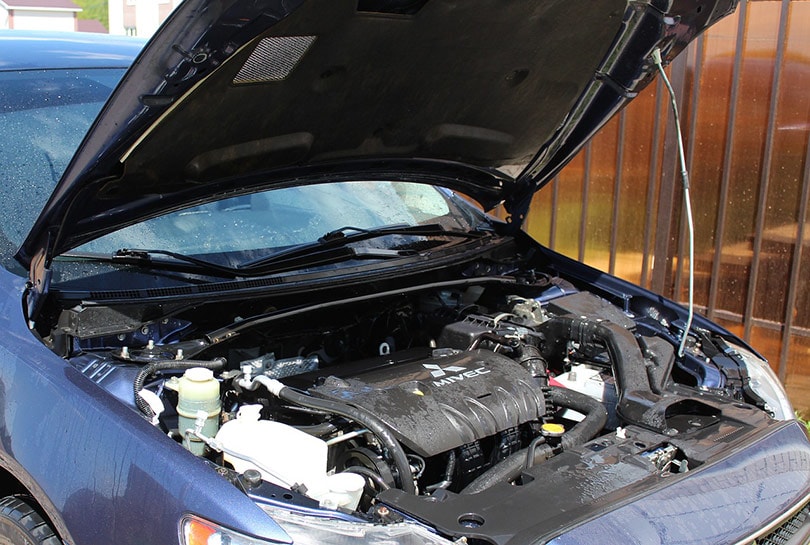
Can You Protect An Engine From Excess Heat?
Most engines have an able in-build cooling mechanism such as aluminum fins or a peripheral cooling system using a coolant and fans to actively regulate engine temperature. At times, this system may not sufficiently work.
Roll down the window and turn on the AC
Even though it is counter-intuitive, cranking on the AC at full blast will draw heat away from the engine. Unfortunately, this is an immediate short-term solution that you must pair up with the rolling down of windows. The rushing wind will cool down the vehicle.

Repair engine issues
An overheating engine indicates that some parts are not working as they should. Unless you are an experienced mechanic, drive down your vehicle to a repair shop. The mechanic will look for any leakages in the cooling system and patch them up.
Furthermore, they will inspect blockages to the radiator and fan speed. They will then remove obstructions, followed by the replacement of faulty parts.
Tow the recommended load
Towing more than the required weight on steep inclines strains the engine, which responds by releasing excess heat. Avoid towing more than your vehicle can carry, and if you are planning to traverse steep hills, reduce the load considerably.

Routine maintenance
Routine maintenance is all you need to repair most engine issues:
- Check the coolant level monthly and top up if it has dropped below the min line. But as a precaution, always check the coolant level early in the morning when the engine is cold and top it off from a recommended brand.
- Get the coolant flushed.
Flushing the coolant every two years removes rust deposits and reduces its potential to become acidic. Acidic coolants eat away at the cooling system, and this will only happen if you use them long enough to lose their anti-corrosive properties.
Final Thoughts
A small car’s engine heats up enough to fry an egg from heat produced by the combustion process, friction between moving parts, and external causes. While engine heat freely warms up the car on cold days, it may be dangerous to the battery, expensive on fuel economy, and damage the cooling system if it soars beyond a manageable level. Control overheating engines by switching on the AC and taking the vehicle for repairs.
- https://www.livescience.com/50941-second-law-thermodynamics.html https://www.vanchevrolet.com/blog/2017/june/19/a-guide-to-your-cars-temperature-gauge-whats-normal-and-whats-not.htm
- https://www.statefarm.com/simple-insights/auto-and-vehicles/protect-your-car-from-the-damaging-effects-of-sun-and-heat
- https://www.quora.com/Will-temperature-affect-battery-life
Featured Image Credit: BruceEmmerling, Pixabay
Contents


